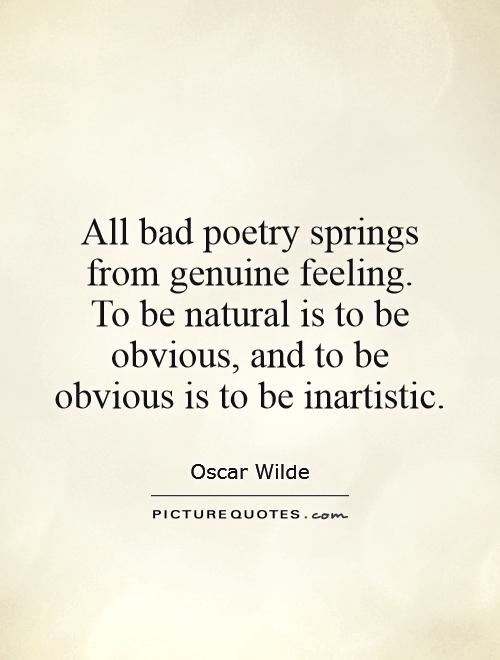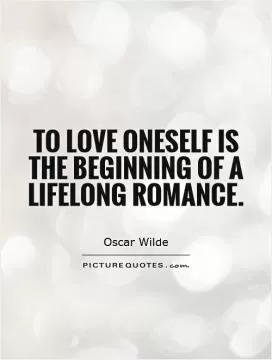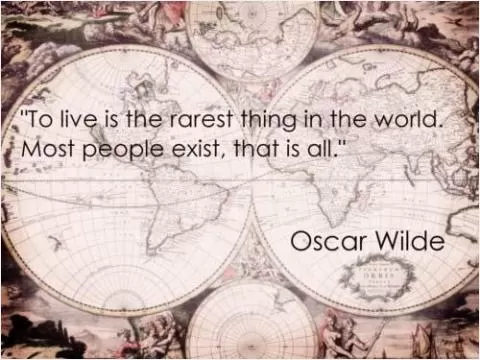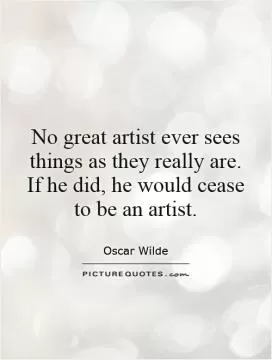All bad poetry springs from genuine feeling. To be natural is to be obvious, and to be obvious is to be inartistic

All bad poetry springs from genuine feeling. To be natural is to be obvious, and to be obvious is to be inartistic
Oscar Wilde, the renowned Irish playwright, novelist, and poet, was a firm believer in the power of artifice and wit in literature. He famously stated, “All bad poetry springs from genuine feeling. To be natural is to be obvious, and to be obvious is to be inartistic.” This quote encapsulates Wilde’s belief that true artistry lies in the ability to transcend mere sentimentality and cliché, and instead, to create works that are both intellectually stimulating and aesthetically pleasing.Wilde’s own works are a testament to his adherence to this philosophy. His plays, such as “The Importance of Being Earnest” and “Lady Windermere’s Fan,” are known for their sharp wit, clever wordplay, and satirical commentary on the social mores of Victorian society. Wilde’s poetry, too, is marked by its elegance, sophistication, and subversion of traditional poetic conventions.
In Wilde’s view, the best art is that which is carefully crafted and deliberately constructed, rather than simply a raw outpouring of emotion. He believed that true creativity lies in the ability to manipulate language and form in order to create something that is both beautiful and thought-provoking. This is not to say that genuine feeling has no place in art – rather, Wilde believed that it must be tempered by intellect and skill in order to truly resonate with an audience.
Wilde’s emphasis on artifice and wit can be seen as a reaction against the sentimentality and melodrama that characterized much of the literature of his time. He sought to challenge conventional notions of beauty and truth, and to push the boundaries of what was considered acceptable in art. In doing so, he paved the way for future generations of writers and artists to explore new forms of expression and to challenge the status quo.












 Friendship Quotes
Friendship Quotes Love Quotes
Love Quotes Life Quotes
Life Quotes Funny Quotes
Funny Quotes Motivational Quotes
Motivational Quotes Inspirational Quotes
Inspirational Quotes